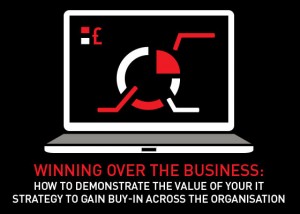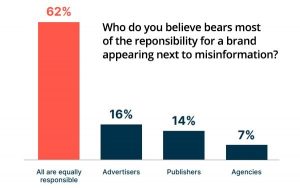Successful entrepreneurs frequently toe the line between learning from their predecessors and trying to be cutting edge and innovative. A quote from the late Steve Jobs sums this dilemma up nicely “Innovation distinguishes between a leader and a follower.” While Jobs’ successes are many, and the history of Apple has been well chronicled, not everyone can follow the same path to success. In order to play a part in business success, there are many small steps, and many lessons to be learned from those who have gone before.
How to Identify a Product-Market Fit
When finding the perfect market to launch your brand, it is important to know what your competitors are doing, and you can differentiate yourself to address a unique customer need. In order to do this effectively, you need to engage with potential customers and understand the products they use, how they are lacking, and how you can step in to provide a superior experience.
It can be difficult, if not impossible to gauge customer reaction on paper. It is important to get in front of your customers, show them what you have to offer, and see their reactions. All the equations and projections in the world won’t tell you the information that you can get from a customer’s in-person reaction to your product. It is important to be able to gauge, and observe when you are truly meeting a need for the customer.
Often, having a conversation about your product and how the customer would use it can be tremendously valuable. Customer feedback such as “this is great, but if you could do this, then you’d really have something” can help you take leaps forward and open up the market tremendously. They understand their industry and their day-to-day operations and therefore are experts on if there really is a market fit for your product.
Cause Marketing Works
There have been numerous examples in the recent past of companies that have enjoyed tremendous success employing cause marketing . Two of the more prominent examples that come to mind are Toms and Tickets for Charity. In each of these companies, the cause and the product are intrinsically intertwined. You are likely familiar with Tom’s business model of a pair purchased equals another pair sent to a child in need. Do you think that without this altruistic element, they would have enjoyed the success they have today?
Tickets for Charity entered the scene in 2007 as a conduit between event ticket holders and charitable organizations. Tickets for Charity provided an outlet for unused and unwanted tickets to go to a good cause. The tickets would come from corporate entities, season ticket holders and other individuals who were unable to use the tickets. Providing them an alternative to simply letting them go to waste, Tickets for Charity got free product, and was able to leverage the good intentions of individuals, and the power of a cause, to create a profitable business model.
This business is a prime example of identifying a need, providing a solution and leveraging cause marketing. TFC founder, Jord Poster discovered 30-70% of event tickets purchased by corporations go unused each year. In addition, these same corporations also frequently donated large sums of money to charity. By serving as an intermediate to fulfill their charitable goals, and giving them the means, at a low costs to do so, TFC became rather successful.
Company Culture Matters
You have likely seen many crazy company cultures out there. Among the most popular are Google, and Zappos. One thing that you may notice is in looking at these types of companies, crazy cash often comes with crazy culture. Obviously, this is not always the case. These companies hire great people and have great business models. However, culture matters, and it is important to keep that in mind when making decisions about hiring, atmosphere etc.
When making personnel decisions, it is important to evaluate based not only on talent, but also on culture fit. Hiring someone who is qualified, but detracts from the synergy of the workplace, might end up having a negative effect on overall productivity. Amazon’s CEO Jeff Bezos sums it up nicely when he said, “I’d rather interview 50 people and not hire anyone than hire the wrong person”. Employees impact culture and culture impacts success. Be mindful of this when growing your own business.
Emulating Inspiring Entrepreneurs
While most of us will never enjoy the same success of these inspiring modern-day entrepreneurs, there are definitely lessons to be learned here. Understand your customers, find a market fit, be flexible and keep culture conscious. Don’t get discouraged and remember that even the best ideas take time to come to fruition. There have been many surprising beginning to successful businesses. Why not you?
Business & Finance Articles on Business 2 Community
(375)
Report Post



